October 19, 2022 | Revolving Door Project Newsletter
Biodiversity Is A Government Afterthought
Last week, a new comprehensive study of almost 32,000 populations of 5,230 species around the world estimated that wildlife on earth has decreased by almost 70 percent since 1970. The mind can’t really wrap around the scale of loss conveyed by this number.
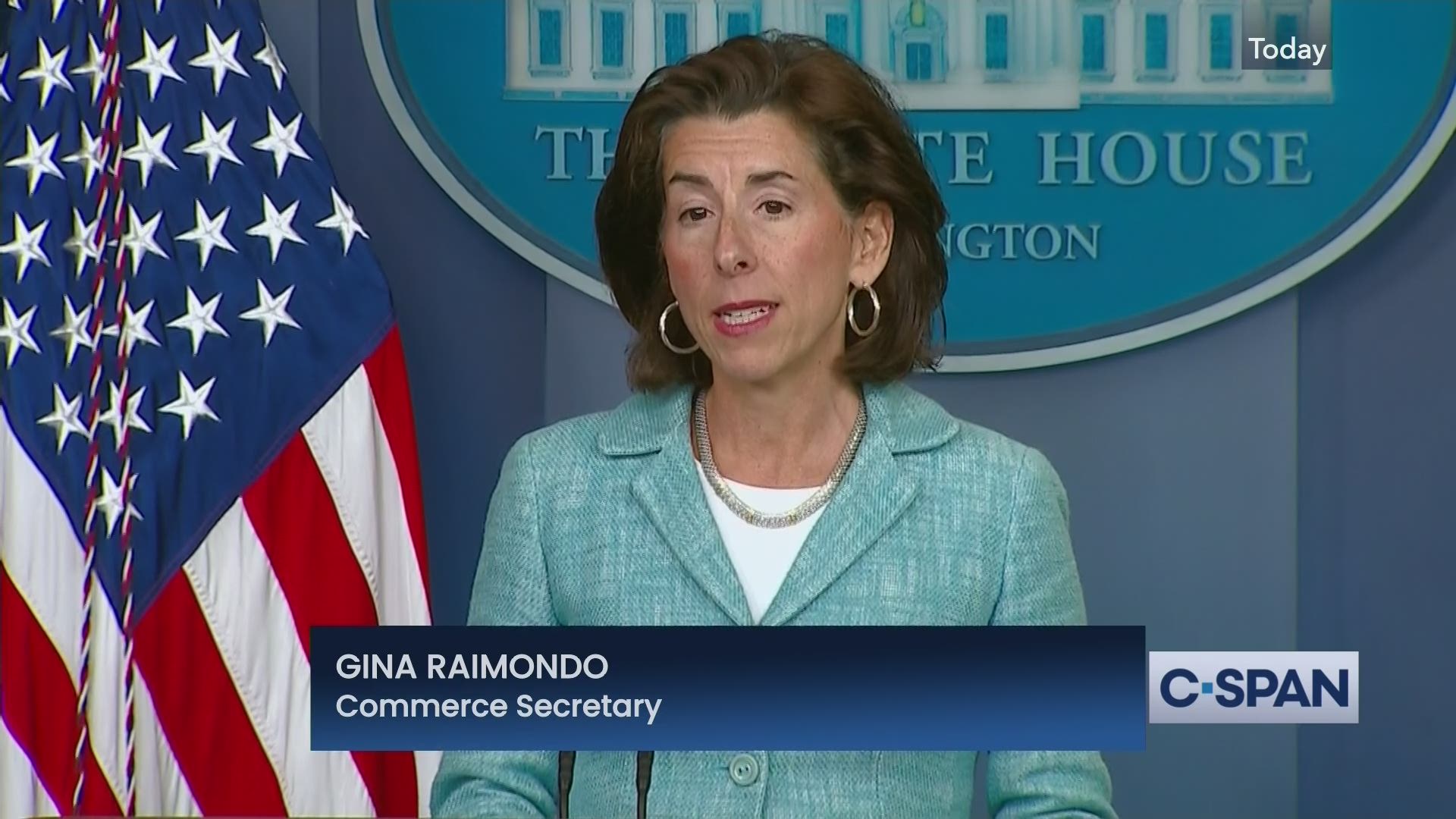
October 03, 2022
Gina Raimondo: Fire Acting Director of NOAA’s National Hurricane Center (NHC) Jamie Rhome
Today the Revolving Door Project released a petition calling on Secretary of Commerce Gina Raimondo to remove Acting Director Jamie Rhome from his position running the National Hurricane Center (NHC) at the Department of Commerce’s National Oceanic and Atmospheric Administration’s (NOAA).

September 23, 2022 | The American Prospect
The Problem With Emission Reduction Models
They are partially based on what even some of the modelers acknowledge are faulty data, particularly on methane.
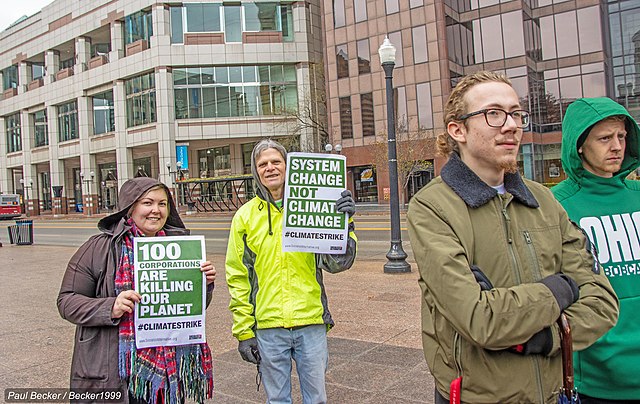
September 08, 2022 | The American Prospect
To Save The Climate, Hire More Civil Servants
The kind of civil service we build is indicative of what our climate strategy will be.
September 07, 2022 | Revolving Door Project Newsletter
What A Whole-Of-Government Climate Response Would Look Like
On Monday, the Revolving Door Project released a report seven months in the making: a comprehensive look at un- or under-utilized executive branch powers to combat climate change, hold big polluters accountable, and make a tangible difference in the environment and economy for ordinary Americans. Our press release on the report is here, and a two-page summary of some of the highlights is here.

September 05, 2022
Biden Can Take Climate Action Across Range Of Executive Powers, New Report Shows
“Alone, these executive branch policies are wildly insufficient to the task of getting America to meet its climate goals. But all of these policies are necessary components of the puzzle, and represent the lowest-hanging fruit in terms of climate action.”
August 17, 2022 | Revolving Door Project Newsletter
Con Air
With the signing of the budget reconciliation deal this week, it’s time to give credit where credit is due to Chuck Schumer and Joe Manchin who, in a backroom deal, pulled off what was once unimaginable for 21st century Democrats: getting something done. Of course Biden lifted a hand to sign the bill into law, but what now? As climate activists weigh the outside cost of opening vast swaths of public land for new fossil fuel extraction, the quiet of Biden’s federal agencies is highlighted by the cacophony of the ongoing reconciliation day parade.
August 10, 2022 | Revolving Door Project Newsletter
A Janus-Faced Energy Bill Changes the Path Forward
We’re in a big moment, as the political landscape liquifies and reshapes beneath our feet. We at RDP expect to be spending significant time in coming months grappling with the vast impact of the 725-page Inflation Reduction Act and its tag-along coal baron wishlist (aka “permitting reform” bill), from the shifts in executive branch authority, funding, and personnel, to the bills’ diverging impacts on millions of people’s lives, and on ecosystems from Cook Inlet to the Appalachian Basin. Here’s a preview of some of the things we expect to focus on…

August 08, 2022 | Washington Monthly
Why Is Merrick Garland Sticking with Donald Trump on Climate Lawsuits?
It started with Boulder in early February. Then came Baltimore and San Mateo in April. Now Honolulu and Maui are the latest municipalities to overcome a crucial legal hurdle in their fight to make fossil fuel companies pay for their role in climate change. After years of obstruction, it looks like state courts will hear arguments from these cities—as well as several states—that big energy companies knowingly concealed and misrepresented the harms of their products, contributing to climate damages these regions face. Five federal appeals courts have green-lit suing the fossil fuel giants in state court, where these state and local governments have a better chance of prevailing. The stakes are massive: requiring fossil fuel companies to foot the bill for climate change–related damages to U.S. cities and states could easily run into the tens of billions.

August 05, 2022
Changes To DeJoy’s Fleet Plan Are Welcome, But Not Enough
USPS’ next-gen vehicles should be 100% electric and union-made. And DeJoy should be out the door.
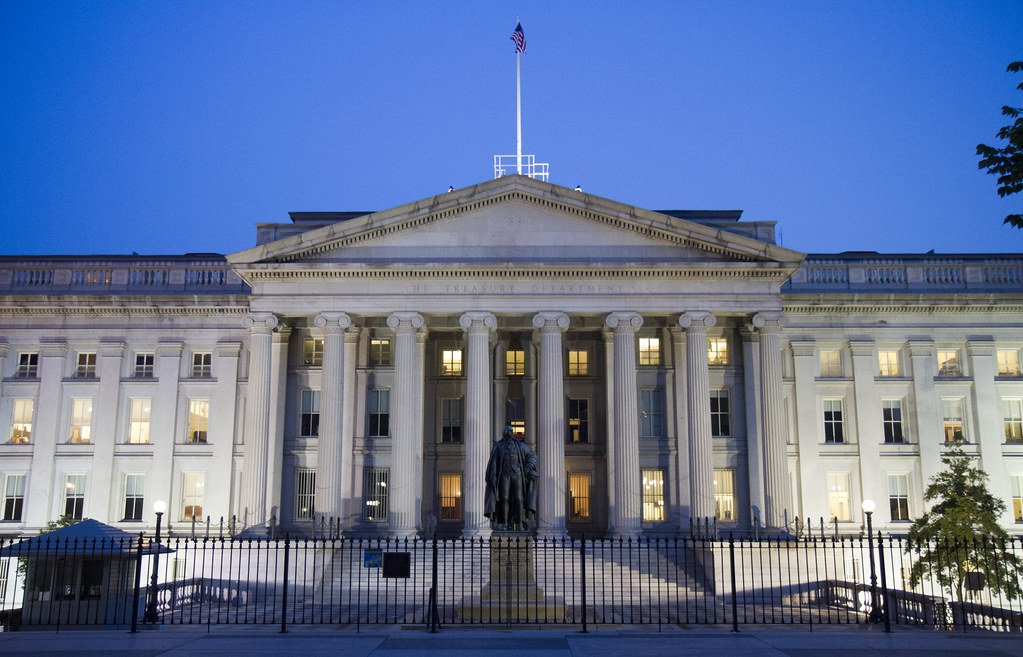
July 28, 2022
Revolving Door Project Reacts to Treasury’s New Climate Data and Analytics Hub Announcement
In response to reports that the U.S. Department of the Treasury will create a “Climate Data and Analytics Hub” within the Office of Financial Research, Revolving Door Project Senior Researcher Dorothy Slater released the following statement:
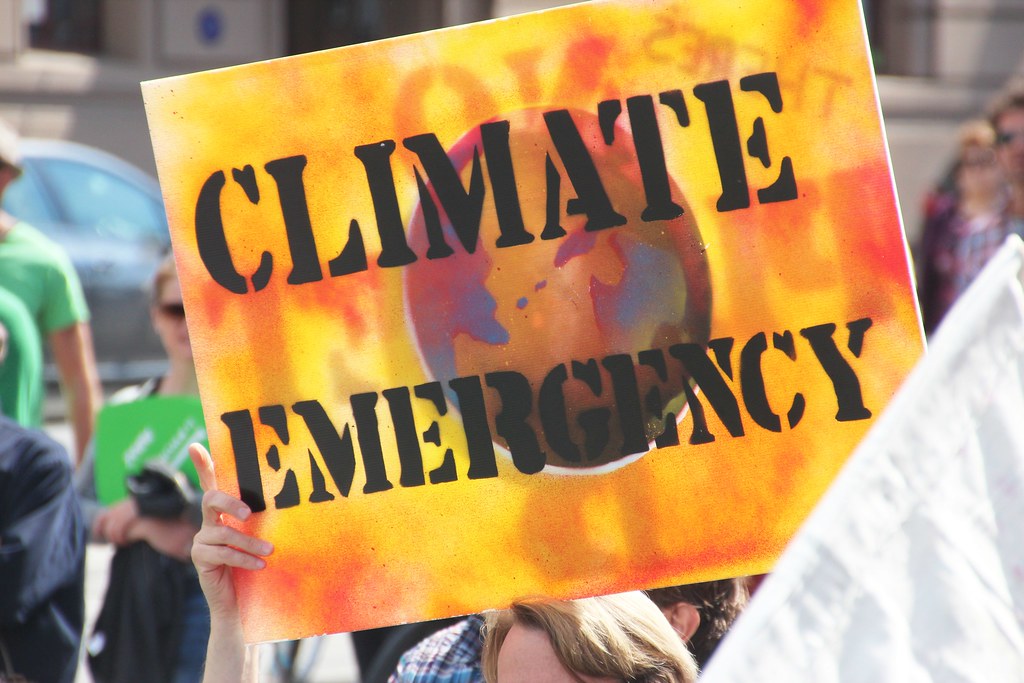
July 26, 2022
Fossil Fuel-Tied Legal Experts Are the Main Critics of a Climate Emergency Declaration
months of dedicated advocacy and both public and private pressure from environmental groups which insisted an emergency declaration was necessary to meet the moment, it seemed like Biden was finally ready to respond. But the declaration didn’t come, and in the days since, PoliticoPro’s EnergyWire and GreenWire have given spotlights to legal experts opining on the legal and political merits of such a declaration.

July 15, 2022
Biden Should Not Trade Executive Actions for Mythical Senate Promises
The president’s proposal to restart fossil fuel projects would abdicate his responsibility to ensure the laws are faithfully executed.
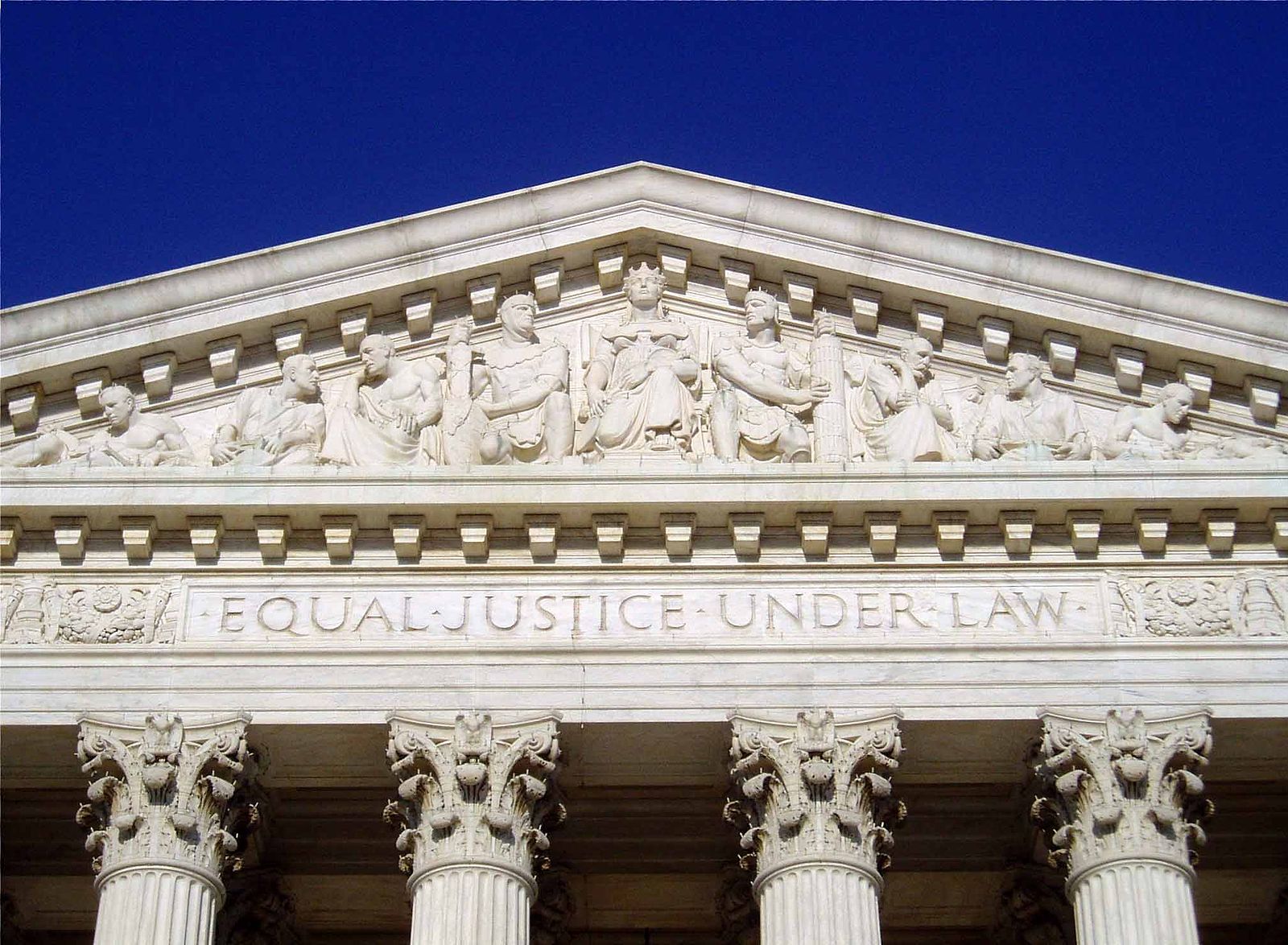
June 30, 2022
Press Release Climate and EnvironmentCongressional OversightEthics in GovernmentExecutive BranchIndependent Agencies
RELEASE: Impact of Supreme Court’s EPA Decision Can Be Minimized Through Decisive Executive Counteractions
Today the Supreme Court issued its long-awaited opinion in West Virginia v. EPA, curbing the EPA’s authority to establish carbon emissions caps under Section 111 of the Clean Air Act. It is a significant blow, and is further evidence of how far this empowered, extremist Supreme Court will go to erode the functions of our government and contravene the public interest. But it is not a lethal blow. Many tools to stave off the climate crisis and facilitate an equitable energy transition remain available to the EPA, to the White House, and to Congress.

June 21, 2022
Coalition Urges the EPA to Rein in Rogue Federal Agencies via NEPA
We, the undersigned organizations, urge the Environmental Protection Agency (EPA) to revive the use of its authority to refer environmentally destructive federal projects to the White House Council on Environmental Quality (CEQ), and specifically call on the EPA to refer recent decisions made by the Tennessee Valley Authority and the United States Postal Service.
